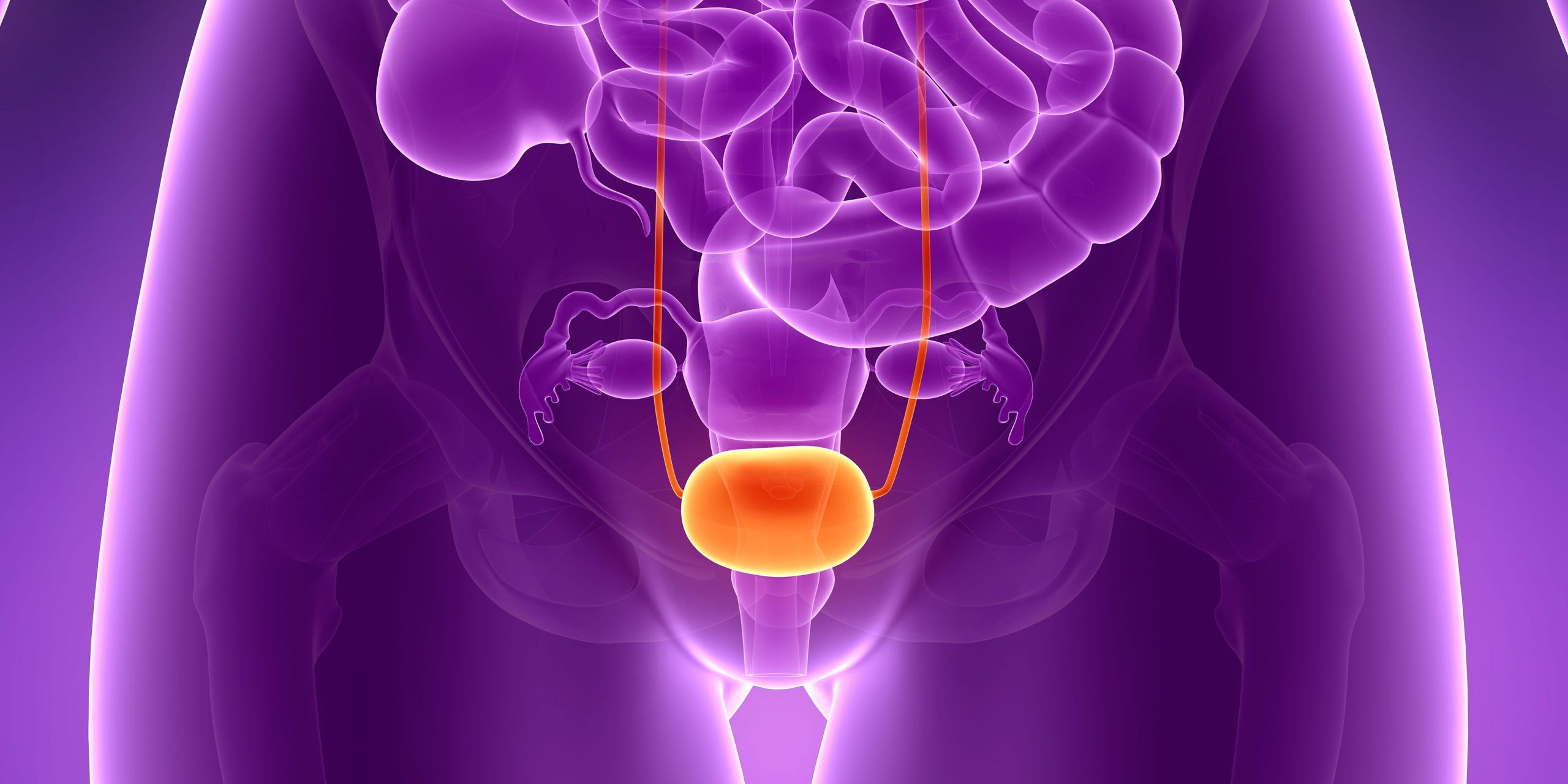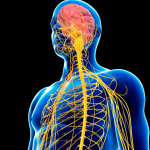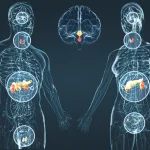
What is the urinary system?
The bladder is part of the urinary system, or urinary tract. The bladder is an organ in your pelvis that stores urine (wee). It works with the kidneys to rid the body of waste products from the blood.
The kidneys and ureters
Your kidneys make urine, which is transported to your bladder along tubes called ureters.
The bladder and urethra
Once the urine reaches the bladder, it stays there until you empty it (urinate/wee).
Urine (wee) leaves your body by passing through a narrow tube called the urethra.
What happens when you urinate?
To urinate (do a wee), your urethral sphincter (the muscle controlling the bladder outlet) and pelvic floor muscles relax. Your bladder then contracts (squeezes) so that it empties.
How much urine can your bladder hold?
Your bladder can hold about 500ml of urine. But you usually feel the need to go when it’s holding around 200-300ml.
Most people empty their bladder 4 to 6 times a day.
What are some conditions that can affect the bladder?
Bladder problems are fairly common.
Symptoms of bladder conditions can include:
- wetting yourself (even a little) when you cough, sneeze, laugh or when active
- feeling an urgent need to urinate, or not getting to the toilet in time
- passing small amounts of urine more than 8 times a day
- unexpected changes in your bladder habits
Speak to your doctor if you’re having problems with your bladder.
Loss of bladder control – incontinence
If you can’t always control your bladder function, you may have urinary incontinence. Urinary incontinence is any involuntary (accidental) loss of urine from your bladder. It ranges from small ‘leaks’, to complete loss of control.
There are several different types of urinary incontinence, and treatment depends on the type and cause of incontinence. There are also some lifestyle suggestions that can help stop leaks.
Bladder infection
A bladder infection is also known as ‘cystitis’.
Common symptoms include needing to urinate more often (and sometimes urgently) and pain or discomfort when urinating.
See your doctor if you have any symptoms of a bladder infection or urinary tract infection (UTI).
Overactive bladder
Overactive bladder is when the bladder muscles contract on their own. They may contract when your bladder is not full or when you are not ready to empty your bladder.
This can cause symptoms such as:
- the need to wee urgently, sometimes causing loss of bladder control
- weeing more often than usual
- waking up more than once overnight to wee
Talk to your doctor if you have symptoms like these as there are treatments available.
Neurogenic bladder
‘Neurogenic bladder dysfunction’ is when there are problems with the bladder and how it empties. This is caused by problems with your nerves. It can cause problems with your bladder control.
Neurogenic bladder can affect people with conditions such as:
- a spinal cord injury
- stroke
- multiple sclerosis
- Parkinson’s disease
Other bladder problems
Other problems that can affect the bladder include:
- bladder prolapse (when the bladder moves from its normal position and pushes onto the wall of the vagina)
- bladder cancer
What tests are there for bladder problems?
There are several different tests, that your doctor might recommend, to investigate different bladder problems. These can include:
- urine tests
- bladder ultrasound — a type of imaging test
- cystoscopy — a procedure using an instrument called a cytoscope (a thin tube with a light and a small camera at the end) to look inside the bladder



